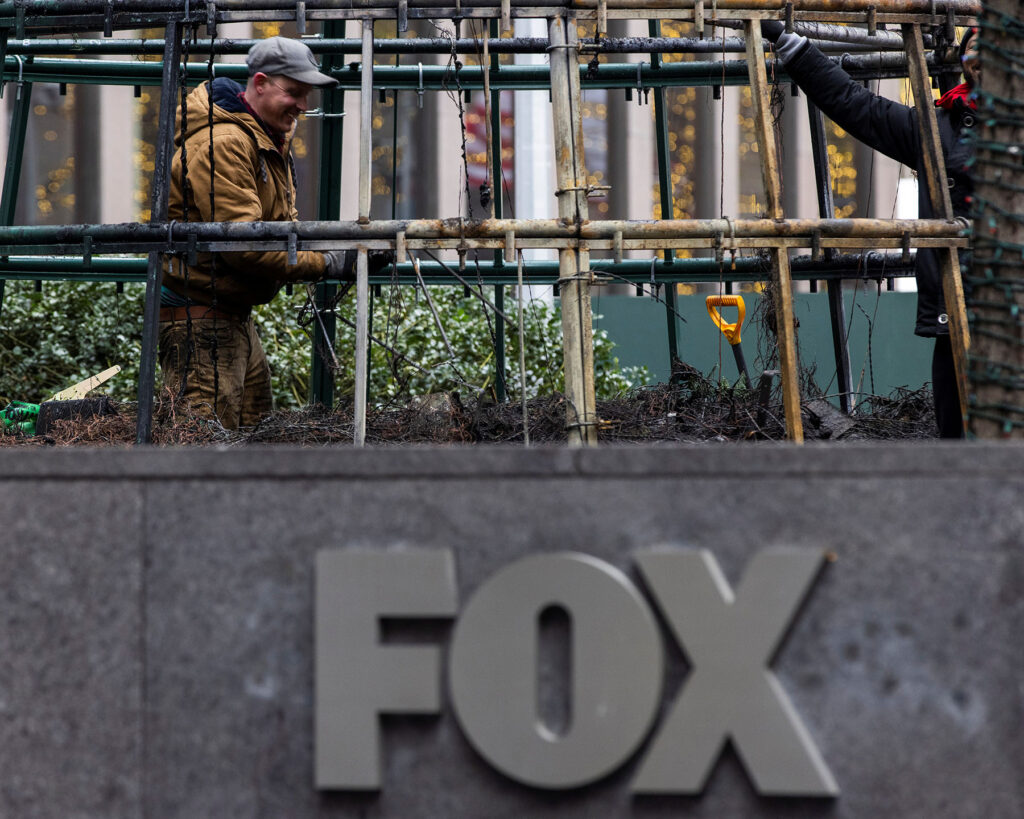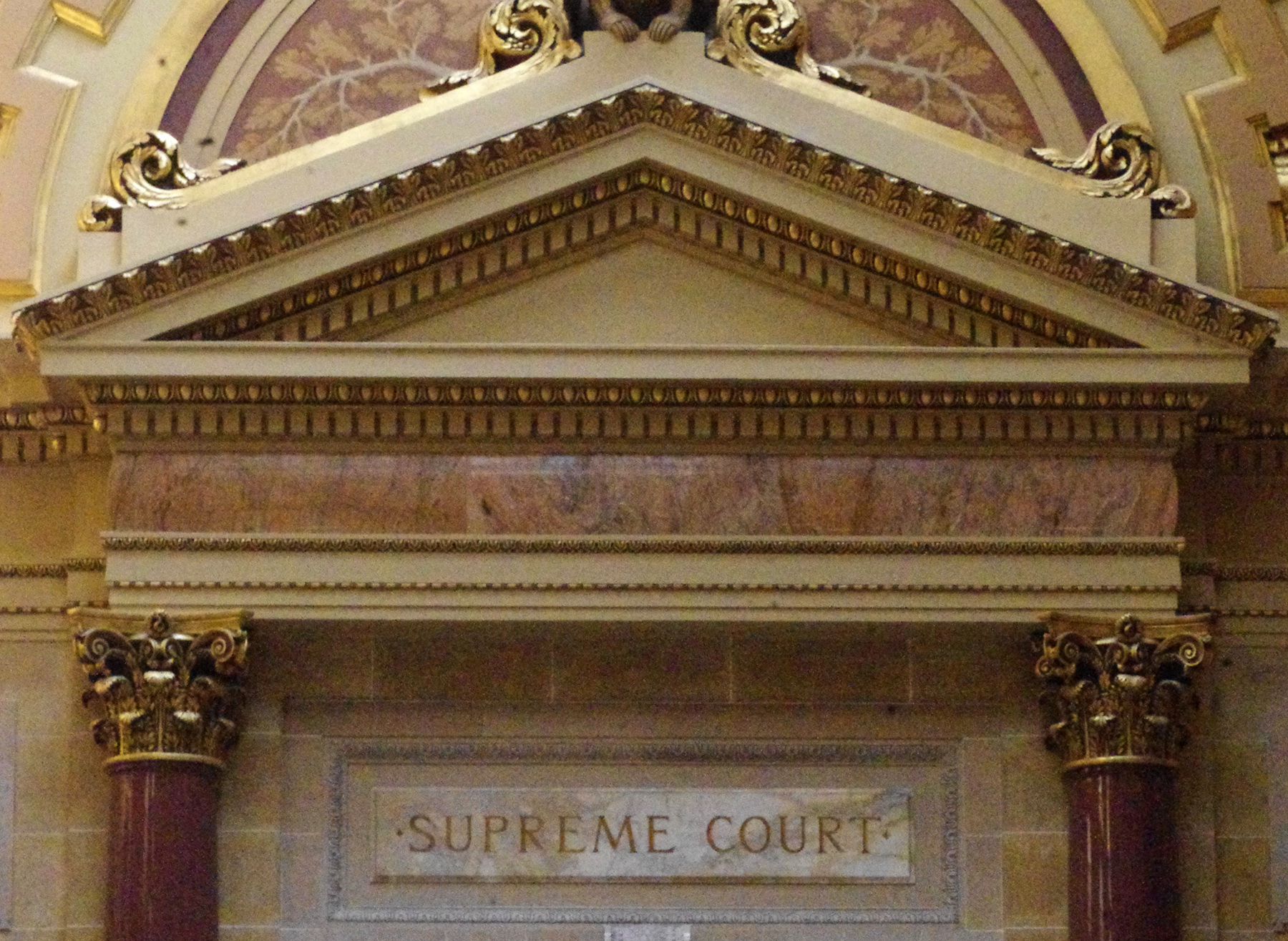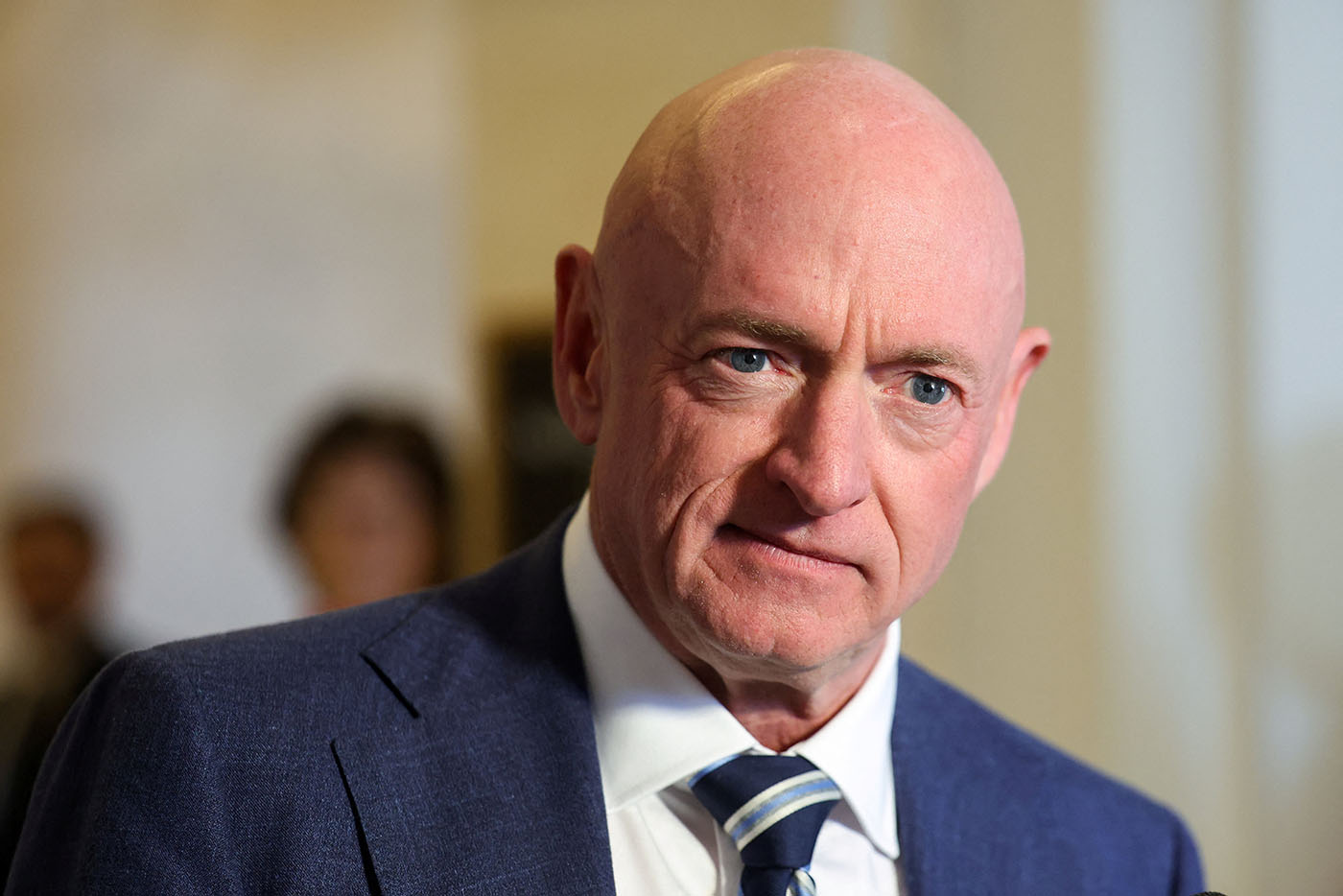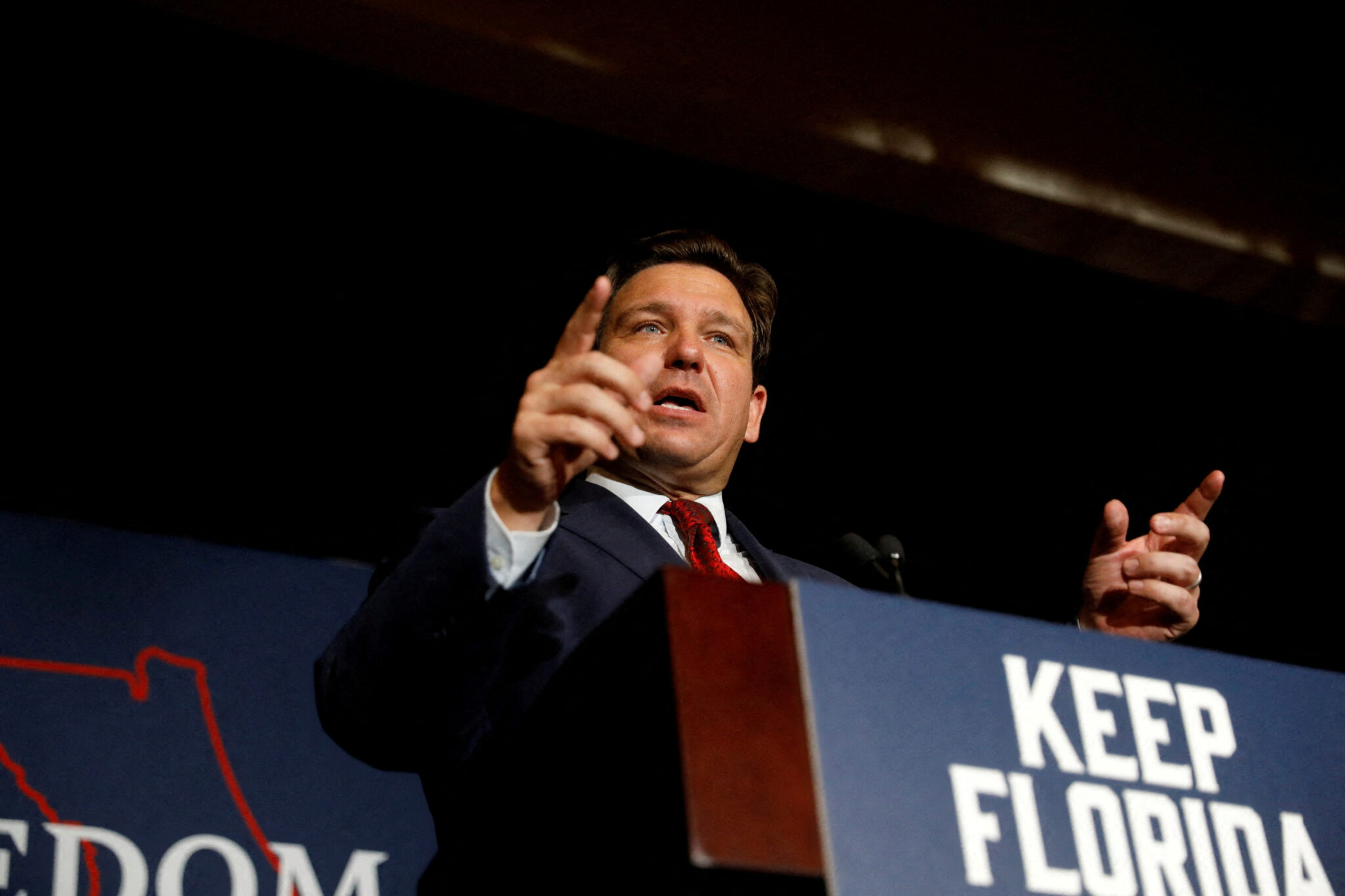WILMINGTON, Del. (AP) — Attorneys for Fox Corp. asked a Delaware judge Friday to dismiss a shareholder lawsuit seeking to hold current and former company officials personally liable for the financial fallout stemming from Fox News reports regarding alleged vote rigging in the 2020 election.
Five New York City public employee pension funds, along with Oregon’s public employee retirement fund, allege that former chairman Rupert Murdoch and other Fox Corp. leaders deliberately turned a blind eye to liability risks posed by reporting false claims of vote rigging by election technology companies Dominion Voting Systems and Smartmatic USA.
Smartmatic is suing Fox News for defamation in New York, alleging damages of $2.7 billion. It recently settled a lawsuit in the District of Columbia against One America News Network, another conservative outlet, over reports of vote fraud.
Dominion also filed several defamation lawsuits against those who spread conspiracy theories blaming its election equipment for Donald Trump’s loss in 2020. Last year, Fox News settled a defamation lawsuit filed by Dominion in Delaware for $787 million.
The shareholder plaintiffs also allege that Fox corporate leaders ignored “red flags” about liability arising from a 2017 report suggesting that Seth Rich, a Democratic National Committee staffer, may have been killed because he had leaked Democratic party emails to Wikileaks during the 2016 presidential campaign. Rich, 27, was shot in 2016 in Washington, D.C., in what authorities have said was an attempted robbery.
Fox News retracted the Seth Rich story a week after its initial broadcast, but Rich’s parents sued the network for falsely portraying their son as a criminal and traitor. Fox News settled the lawsuit in 2020 for “millions of dollars,” shortly before program hosts Lou Dobbs and Sean Hannity were to be deposed, according to the shareholder lawsuit.
Joel Friedlander, an attorney for the institutional shareholders, argued that Fox officials waited until the company’s reporting about Rich became a national scandal before addressing the issue. Similarly, according to the shareholders, corporate officials, including Rupert Murdoch and his son, CEO Lachlan Murdoch, allowed Fox News to continue broadcasting false narratives about the 2020 election, despite internal communications suggesting that they knew there was no evidence to support the conspiracy theories.
“The Murdochs could have minimized future monetary exposure, but they chose not to,” Friedlander said. Instead, he argued, they engaged in “bad-faith decision making” with other defendants in a profit-driven effort to retain viewers and remain in Trump’s good graces.
“Decisions were made at the highest level to promote pro-Trump conspiracy theories without editorial control,” Friedlander said.
Defense attorneys argue that the case should be dismissed because the plaintiffs filed their lawsuit without first demanding that the Fox Corp. board take action, as required under Delaware law. They say the plaintiffs also failed to demonstrate that a pre-suit demand on the Fox board would have been futile because at least half of the directors face a substantial likelihood of liability or are not independent of someone who does.
Beyond the “demand futility” issue, defense attorneys also argue that allegations that Fox officials breached their fiduciary duties fail to meet the pleading standards under Delaware and therefore should be dismissed.
Defense attorney William Savitt argued, for example, that neither the Rich settlement, which he described as “immaterial,” nor the allegedly defamatory statements about Dominion and Smartmatic constitute red flags putting directors on notice about the risk of defamation liability. Nor do they demonstrate that directors acted in bad faith or that Fox “utterly failed” to implement and monitor a system to report and mitigate legal risks, including defamation liability risk, according to the defendants.
Savitt noted that the Rich article was promptly retracted, and that the settlement included no admission of liability. The Dominion and Smartmatic statements, meanwhile, gave rise themselves to the currently liability issues and therefore can not serve as red flags about future liability risks, according to the defendants.
“A ‘red flag’ must be what the term commonly implies — warning of a risk of a liability-causing event that allows the directors to take action to avert the event, not notice that a liability-causing event has already occurred,” defense attorneys wrote in their motion to dismiss.
Defense attorneys also say there are no factual allegations to support claims that Fox officials condoned illegal conduct in pursuit of corporate profits, or that they deliberately ignored their oversight responsibilities. They note that a “bad outcome” is not sufficient to demonstrate “bad faith.”
Vice Chancellor J. Travis Laster is expected to rule within 90 days.
Tags




